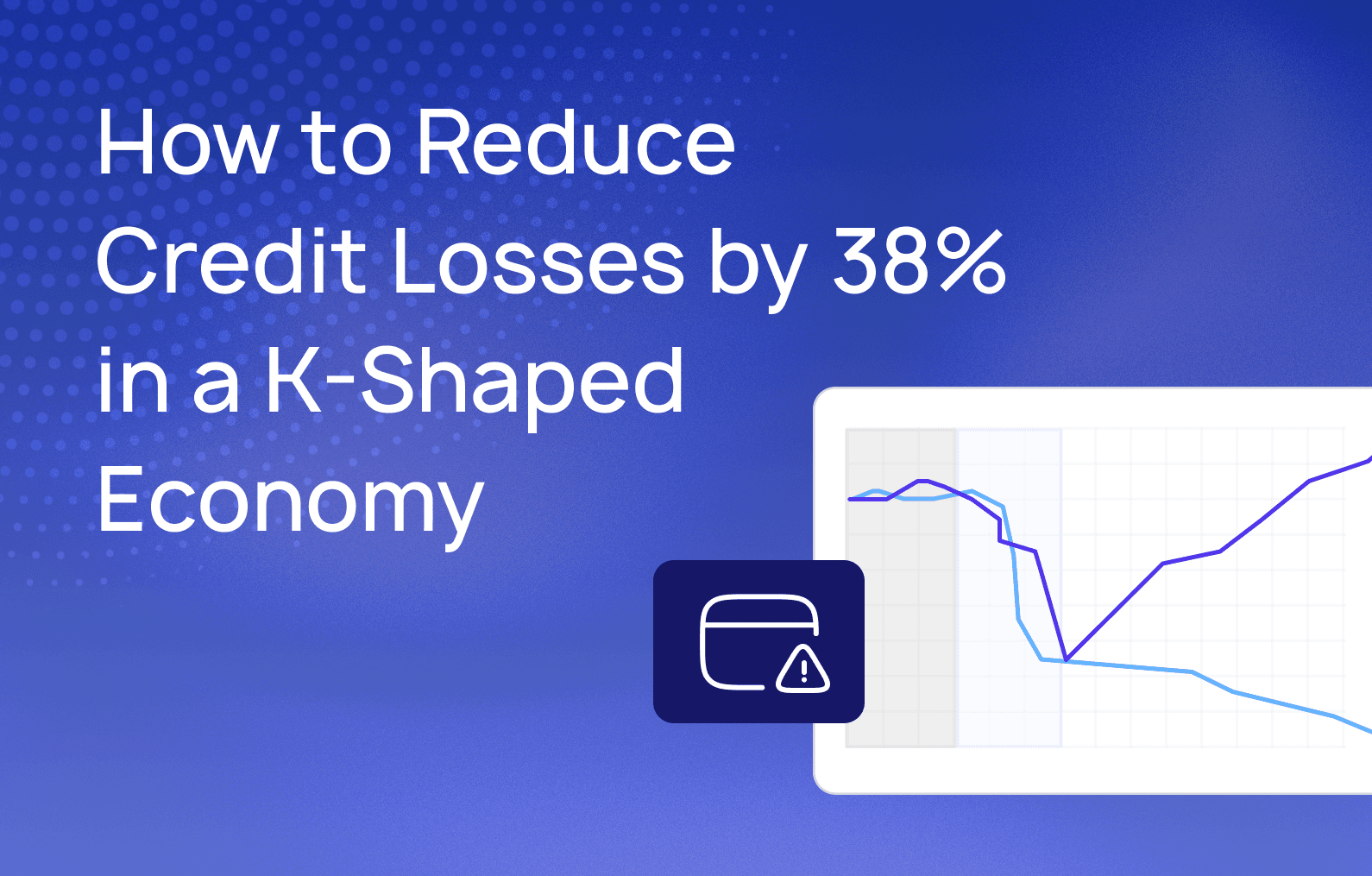UDAAP Compliance Summary: Understanding Unfair, Deceptive, or Abusive Practices
Introduction: What is UDAAP and what does it stand for?
Every provider of consumer financial products or services must prioritize compliance. Why? Because federal law strictly prohibits engaging in UDAAPs (Unfair, Deceptive, or Abusive Acts or Practices).
- What is UDAAP? It is a critical set of consumer protection standards designed to prevent consumers from being misled or taken advantage of in financial transactions.
- UDAAP stands for: Unfair, Deceptive, or Abusive Acts or Practices.
- The Regulatory Basis: The Dodd-Frank Act (Title X of the Dodd-Frank Wall Street Reform and Consumer Protection Act) introduced UDAAP, expanding on earlier UDAP standards from Section 5 of the FTC Act. In short, UDAP addressed Unfair and Deceptive acts; Dodd-Frank added Abusive to form UDAAP, strengthening consumer protection standards.
This regulation is mandatory. Examiners frequently review written materials—training, product disclosures, procedure manuals, internal controls, and auditing materials—to determine non-compliance. Below is a breakdown of the requirements, UDAAP definitions, and clear UDAAP examples.
UDAAP compliance and regulatory authority
Understanding who has rulemaking authority for UDAAP is key to managing risk.
The law that prohibits any provider of consumer financial products or services from engaging in UDAAPs is the Dodd-Frank Act, which grants the Consumer Financial Protection Bureau (CFPB) and the Federal Trade Commission (FTC) the authority to enforce these provisions.
The CFPB is the primary body defining and enforcing UDAAP, while the FTC retains authority over UDAP for non-bank entities. This is why you often hear the comparison of UDAP vs UDAAP: UDAP covers Unfair and Deceptive practices; UDAAP added the Abusive element.
UDAAP requirements: the three definitions
An act or practice constitutes a UDAAP violation if it meets the criteria for Unfair, Deceptive, or Abusive.
1. Unfair acts or practices
An act or practice is considered Unfair when it:
- Causes or is likely to cause substantial injury to customers (often financial).
- That injury is not reasonably avoidable by the customers.
- That injury is not outweighed by benefits to the customers or competition.
2. Deceptive acts or practices
An act or practice is considered Deceptive when:
- A material act, practice, omission, or representation misleads or is likely to mislead customers.
- The customers’ interpretation is reasonable under the circumstances.
3. Abusive acts or practices
An act or practice is considered Abusive when it:
- Materially interferes with a customer’s ability to understand a term or condition of a financial product or service.
- OR takes unreasonable advantage of a customer’s:
- Lack of understanding of the product or service;
- Inability to protect their own interests;
- OR reasonable reliance on the provider to act in their best interest.
Managing UDAAP risks: the stages and examples
UDAAP risks and UDAAP violations can occur at every stage of the product lifecycle—from origination to collections. A robust UDAAP risk assessment identifies vulnerabilities across the entire consumer journey.
The 4 Ps of UDAAP
To assess UDAAP risks, regulators focus on these four key aspects of how information is communicated (UDAP is heavily focused here):
- Prominence: Is the disclosure easily noticeable? (e.g., Is the font large enough or in a different color?)
- Presentation: Is the information clear, simple, and easy to understand? (e.g., Is it written in plain language, not excessive legal jargon?)
- Placement: Is the disclosure located where the consumer is likely to look? (e.g., Is the cost listed next to the product, not buried deep in a footnote?)
- Proximity: Is the disclosure near the claim it qualifies or contradicts? (e.g., Is the required payment amount directly next to the advertised low monthly fee?)
Clear UDAAP examples
These UDAAP examples show common areas where compliance fails:
- Marketing/Disclosure: Incomplete or inadequate disclosure of key terms in advertising (a classic UDAP violation).
- Product Terms: Misrepresenting the terms of a loan or its cost.
- Servicing: Refusing to release a lien after a final payment has been made on a mortgage.
- Fees/Payments: Dishonoring credit card convenience checks without proper notice to customers; adding fees that cause material interference UDAAP because they prevent the customer from understanding the total cost.
- Third-Party Risk: Processing payments for companies that are engaged in fraudulent activities.
LoanPro Solutions for UDAAP compliance
Customer complaints play a large role as a source of information for regulators, making strong servicing and documentation essential for a successful UDAAP risk assessment.
LoanPro provides the configurable tools to help ensure your practices are fair and documented:
- Compliant Processes: Use LoanPro’s out-of-the-box, compliant processes with clear instructions to ensure your baseline practices meet UDAAP requirements and are properly documented.
- Agent Guidance: Configure custom Agent Walkthroughs to ensure that agents are guided through each step of complex processes, increasing compliance and reducing the chance of a UDAAP violation from human error.
- Complaint Tracking: Ensure customer complaints are well handled and tracked with LoanPro’s Ticket Management System—a vital tool for mitigating UDAAP risks before they escalate to the CFPB.
- Communication Audit Trail: Create compliant communication templates and use LoanPro’s communication tracking to show documented compliance in all correspondence, addressing the deceptive acts component of UDAAP regulations.
To read up on recent compliance news and stay ahead of UDAAP violations in banking and lending, check out the most recent edition of our newsletter, Keeping Up with Compliance, and subscribe today.




